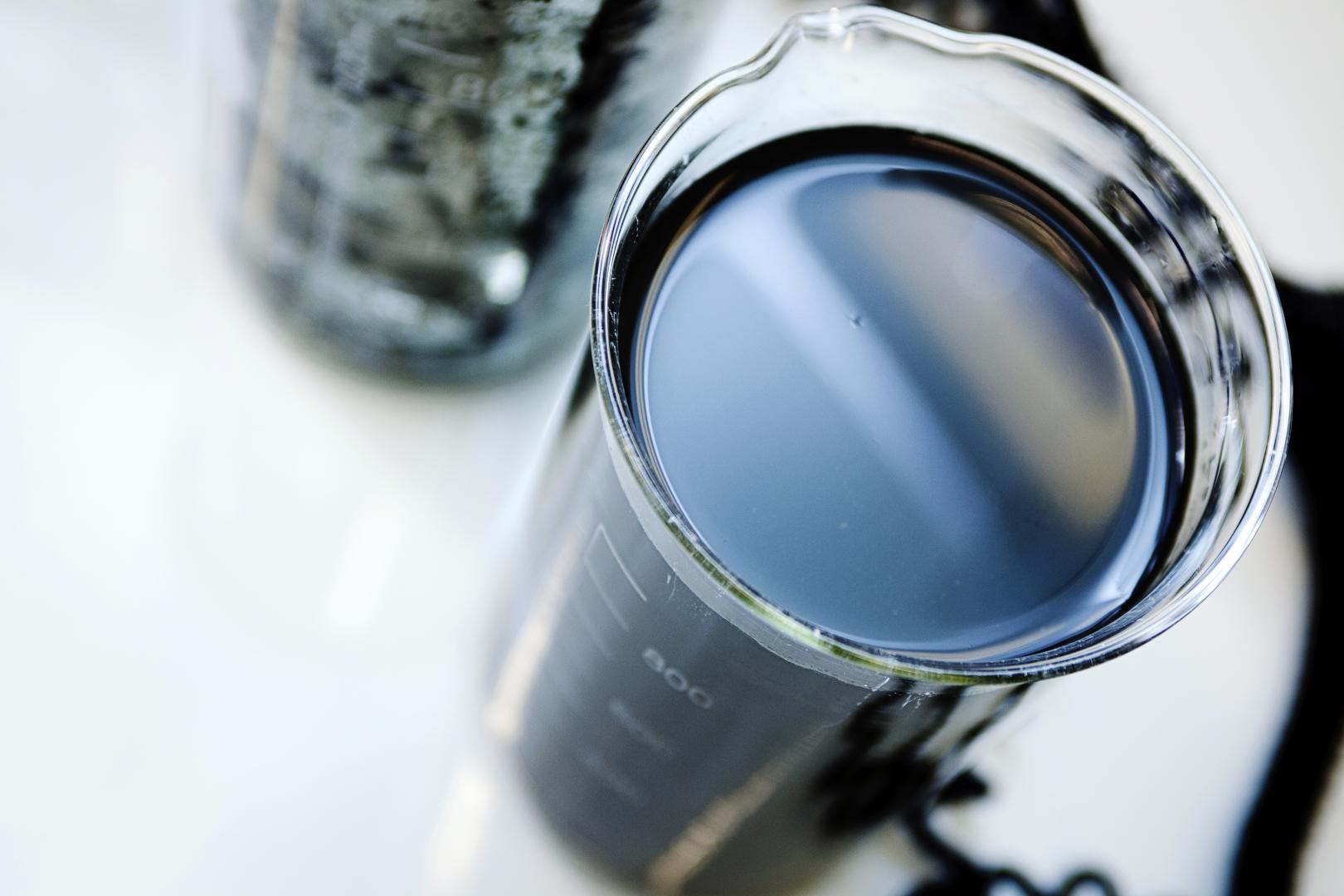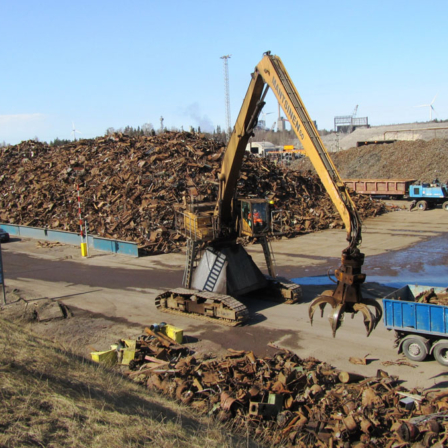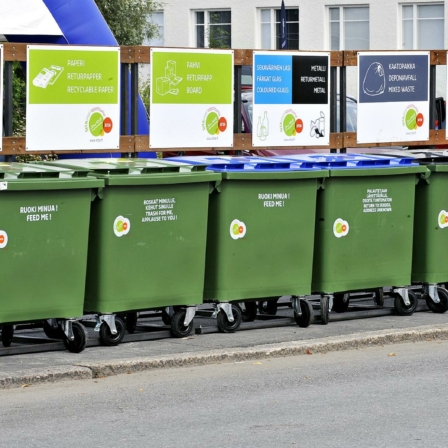The need to incorporate resource wisdom into companies’ business activities is growing in line with the scarcity of raw materials. As competition intensifies, companies are being forced to look beyond geographical borders and across industry boundaries in their quest for competitive advantages.
Sidestreams are the by-products, residue or waste deriving from a production process, in addition to the actual end products. Sidestreams represent much more than a mere cost item for companies. They can be a valuable source of raw material for other companies, or a means of reducing the environmental load. Companies utilising each other’s sidestreams form an industrial symbiosis. Industrial symbiosis represents an effective way of producing more added value by reducing our use of natural resources.
According to a recent survey conducted by Spinverse (CTO Survey 2014), 68 per cent of Finnish Chief Technology Officers (CTOs) view resource circulation as highly important to their business operations and profitability. Most respondents believe that industrial symbiosis also brings major added value to business development across sectoral boundaries.
In the next 3-4 months, we will be publishing a new series of blogs, Sidestreams, presenting perspectives on and practical examples of industrial symbiosis. These blogs will provide background information and fresh insights on the future prospects for Finnish industry. We hope that the series will contribute to the public discussion of business development and the opportunities open to Finnish companies.
The blogs can be read via the Recommended link on the right hand side of this web page, or by searching the archive.






Recommended